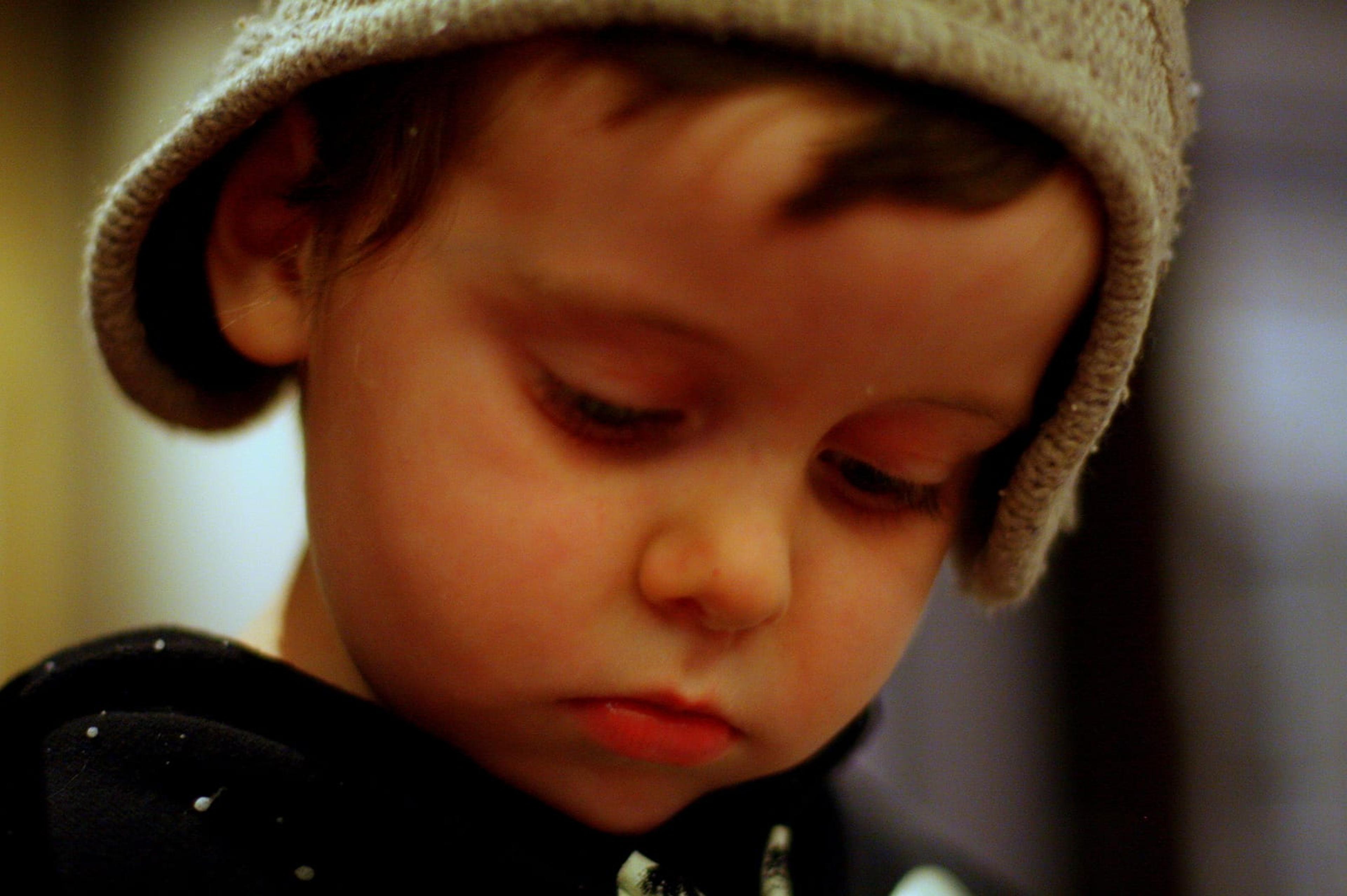Would You Know a Depressed Child if You Saw One?
| 2 min read

Every child is going to feel sad from time to time–maybe an older relative gets sick or there is a bully at school. But sometimes a simple bout of sadness can turn into something more serious. Depression affects 2.5 percent of children. Boys are more likely than girls to have depression if they’re under the age of 10. By the age of 16, though, that switches and girls are the more common sufferers. Another risk factor is if one of the parents suffers from depression. When that’s the case, the child is likelier to also have it.
If you’re a parent, it’s important to get to know the warning signs that what your child is going through is more than the usual bumps on the way to adulthood. There are many symptoms, but some of the more common ones are:
- Prolonged periods of sadness and hopelessness
- Withdrawal from social events, unwilling to participate in extracurricular activities or hobbies or becoming super sensitive to feelings of rejection
- Anger and irritability with no apparent cause
- Feelings of worthlessness or guilt
- Fatigue, lack of energy and a tough time concentrating
- Poor grades and a change in physical appearance, including weight loss or gain
What kid doesn’t display at least one of these symptoms at some point in their lives? But it’s something to worry about if you notice that the symptoms last longer than two weeks and interfere with daily life.
Depression is serious—it’s a risk factor for suicide—but it’s also treatable once it’s diagnosed. A typical first step is a visit to a pediatrician, just to rule out any physical causes for the change in your child’s behavior. Then get recommendations for psychiatrists who specialize in children. There are also medications designed for use in adolescents that can be part of the treatment plan. Just like each child has different symptoms, each treatment plan will be different based on the needs of the patient.
This blog post is part of #MIKidsCan, an initiative created by Blue Cross Blue Shield Michigan to promote positive change in the health and well-being of Michigan youth. To learn more about the campaign, visit http://www.ahealthiermichigan.org/mikidscan
Photo credit: Bridget Colla





